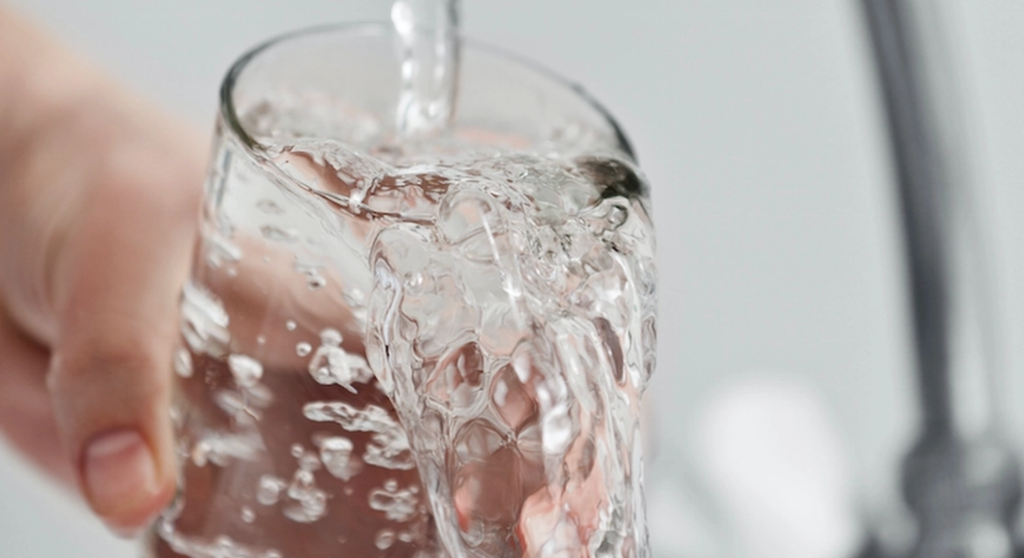Climate change could leave hundreds of millions of people without clean drinking water.
Others are reading now
A new study reveals that climate change could leave hundreds of millions of people without clean drinking water by 2100 due to rising groundwater temperatures.
Rising Groundwater Temperatures
Scientists from the Karlsruhe Institute of Technology (KIT) warn that as global temperatures rise, groundwater in some areas will become too warm to drink safely.
The study projects that groundwater temperatures could spike by up to 3.5°C by the end of the century.
Also read
Groundwater, a lifeline for millions, is set to absorb the brunt of global warming’s heat.
Researchers examined various climate scenarios and discovered that in many regions, groundwater temperatures could rise between 2.1°C and 3.5°C by 2100. This rise is above safe drinking water limits, potentially making the water unsafe for millions of people.
Regions at Greatest Risk
The most affected areas will be densely populated and poor regions like northern India, Pakistan, and North Africa. These places already have limited water sources, and people might have to drink potentially toxic water.
Warmer groundwater can contain more harmful substances like arsenic and manganese. It can also encourage the growth of bacteria like Legionella, which can cause severe pneumonia.
Susanne Benz, the lead author and a researcher at KIT, states that around 30 million people already live in regions where groundwater exceeds safe drinking water standards.
“Our results show how important it is to protect groundwater and find solutions to counteract the negative impact of climate change on groundwater,” Benz concluded in a press release.
By 2100, this number could grow to several hundred million. The World Health Organization (WHO) estimates that currently, one in three people on Earth does not have access to clean and safe drinking water.


